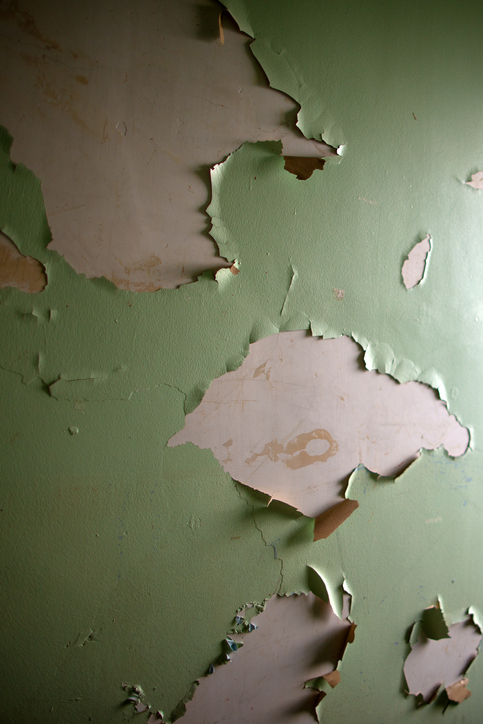New Jersey Gov. Phil Murphy announced a comprehensive statewide plan to address lead exposure throughout the state. “My comprehensive statewide plan brings together experts from our cabinet departments, stakeholders, and advocates to create strong partnerships and implement policies to protect New Jersey’s children and families from lead” the governor commented. “Together, guided by the actions outlined in our strategy, we will overcome this public health challenge that has been building for decades to ensure that our residents are safe from lead exposure for generations to come.”
The governor’s strategy includes a proposal of $500 million to support the replacement of lead service lines (LSLs) and remediate lead-based paint in homes throughout the state. Furthermore, the governor’s statewide plan includes improvements in transparency and reporting efforts, such as ramped up notification and enforcement mechanisms, as well as the further development of complete and accurate inventories of homes and LSLs with lead. He also proposes the development of lead-centered regulations by the Department of Education, Department of Health, Human Services, and Children and Families, and the Department of Environmental Protection. Finally, his plan proposes a workforce development initiative wherein home inspectors and renovators would be trained and certified in lead remediation and maintenance.
The plan was released in conjunction with a Report of the New Jersey Water Works Lead in Drinking Water Task Force, which discusses a 10-year plan to eliminate lead from all sources throughout the state, including water, paint, and soil, and proposes 19 independent actions in furtherance of that goal. It characterizes its recommendations as “a combination of coordinated state-level legislative, regulatory, and administrative actions that can empower drinking water utilities, municipalities, property owners, and residents to virtually eliminate the threat of lead in drinking water in New Jersey in 10 years.” The task force proposes that a comprehensive legislative package that would require water utilities to run accelerated 10-year LSL replacement programs, to offer no-cost, mandatory upgrades of water systems to property owners. In addition to this proposed legislative solution, the report also recommends coordination of state agencies’ efforts to eliminate lead-based hazards and develop regulations and oversight mechanisms to ensure that the public health impact of lead is minimized efficiently and comprehensively.
Gov. Murphy’s proposal comes at the wake of raised public awareness of lead contamination of drinking water sources, particularly following various lead contamination crises throughout the nation such as in Flint, Michigan and more recently in Newark, New Jersey. Lead contamination is of particular concern for vulnerable members of the community, particularly for school-aged children, where significant exposure to lead has been linked to issues in child development.

